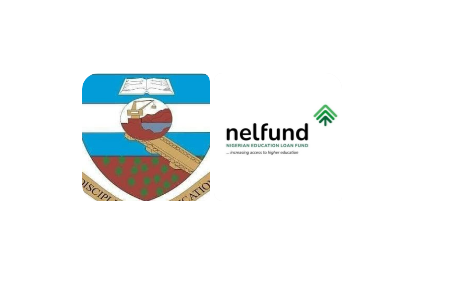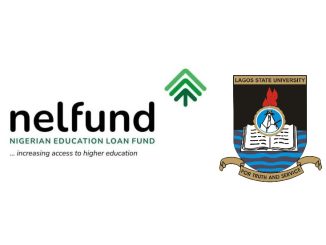
UNIJOS DENIES DIVERTING NELFUND LOANS, ASSURES STUDENTS OF TRANSPARENCY
The University of Jos has strongly denied recent allegations suggesting misconduct in the handling of funds disbursed through the Nigerian Education Loan Fund (NELFUND), describing such claims as false, misleading, and entirely unfounded.
In a press release issued by the institution’s Information, Publications, Public Relations & Protocol Division, the university emphasized that all funds received from NELFUND were appropriately credited to eligible students as approved, with no discrepancies or diversions.
Responding to a controversial article published by The Guardian on Tuesday, April 29, 2025, which insinuated that UNIJOS had inflated fees and diverted excess loan disbursements, Mr. Daniel Yakmut, Director of Information and Communication Technology (ICT) and a strategic team member of the NELFUND Desk Office at the university, provided a comprehensive clarification. He described the accusations as baseless and a result of misinformation.
Yakmut explained that UNIJOS has maintained a clear and accountable process for managing NELFUND-related matters since the inception of the scheme. According to him, all school fee structures submitted to the fund were accurate and in line with the university’s approved charges.
“If the author of the article had reached out to us, we would have gladly clarified our institutional charges and the disbursement process,” he stated.
Providing specifics, Yakmut noted that for the 2023/2024 academic session, a total of 10,617 students applied for NELFUND loans, but only 6,988 met the requirements and received the funds. The university, he said, submitted a detailed and transparent breakdown of school fees, which varied based on faculty, level, and whether laboratory or studio fees applied.
For example, first-year science students were charged ₦165,000 (inclusive of ₦25,000 in lab fees), while non-science students paid ₦140,000. At 200-level, the charges were ₦135,000 for students with lab/studio components and ₦110,000 for those without. This scale decreased slightly for 300-level and higher students.
Yakmut pointed out that the confusion likely stemmed from the timing of the NELFUND disbursement, which occurred after most students had already paid their school fees for the session.
“In many cases, students had advanced to the next academic level by the time the loans were released. We credited the disbursed funds to their current level, not the one they had already paid for. So, if a student had paid ₦165,000 in 100-level and received ₦135,000 as a 200-level student, the ₦30,000 balance remained in their account, not lost or diverted.”
He emphasized that the university has not taken any final stance on refunding such balances, but assured that the funds are being rolled over for use in the next session. For instance, students with ₦30,000 in credit will only need to pay the difference in subsequent sessions.
On the issue of refunds for graduated students, Yakmut said the university has been processing refunds upon request, once payment records are verified and no discrepancies exist. “Our process is seamless. Graduates with unutilized NELFUND credits are being refunded once they come forward and follow the proper channels,” he said.
Students were encouraged to seek clarification through the NELFUND Desk Officer at the Students Account Division, the ICT Directorate, or the Directorate of Student Affairs.
The university reaffirmed its commitment to transparency and accountability, urging the public to disregard unverified reports and contact the appropriate units for accurate information.
The press statement was signed by Abdullahi Abdullahi, Senior Deputy Registrar, Information and Publications.





Be the first to comment